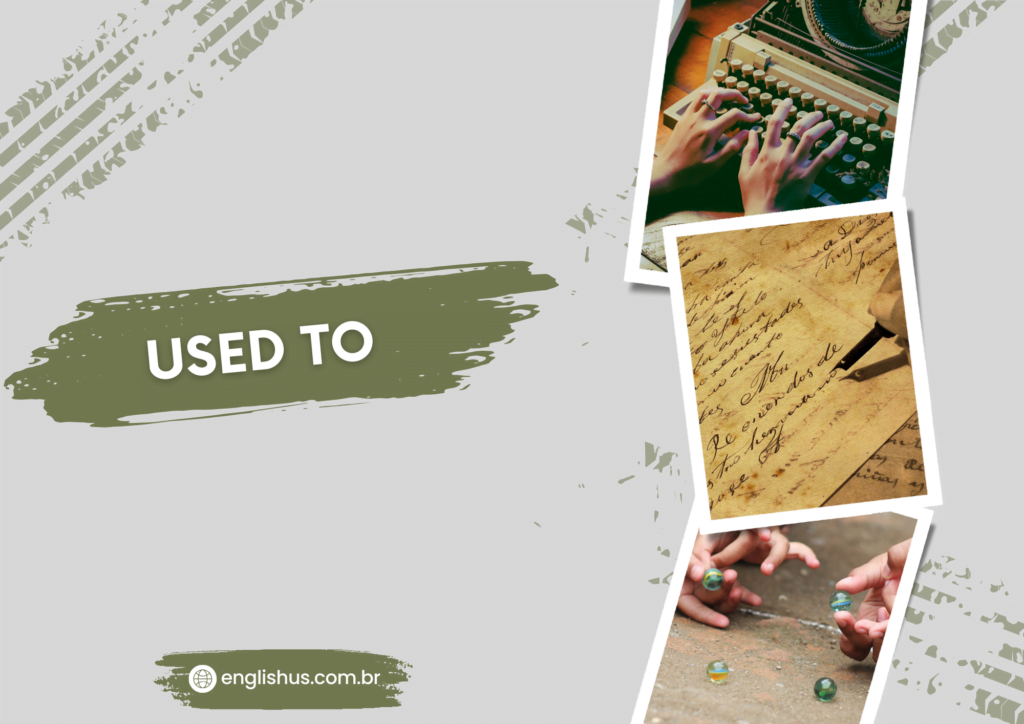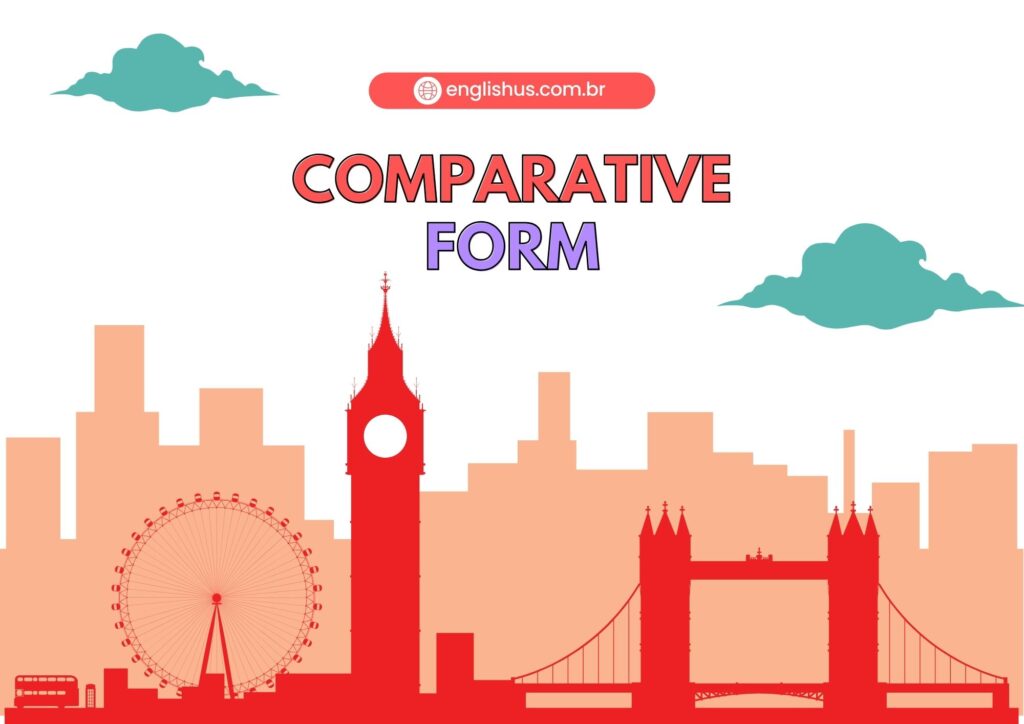Hello, EnglishUs readers! Today, we’re diving into a fundamental aspect of English grammar, unlocking the past: Mastering the Simple Past Tense. If you’re an intermediate learner, mastering this tense is essential for describing actions that happened at a specific time in the past. Let’s break it down step by step, making it as simple and engaging as possible.
What is the Simple Past Tense?
The Simple Past Tense is used to talk about actions or events that were completed in the past. Whether you’re sharing a story, talking about yesterday’s activities, or discussing historical events, the Simple Past Tense is your go-to tense.
Structure of the Simple Past Tense
For regular verbs, the Simple Past Tense is formed by adding -ed to the base form of the verb. For irregular verbs, the past form is different and must be memorized.
Examples of Regular Verbs:
- Play → played
- Watch → watched
- Visit → visited
Examples of Irregular Verbs:
- Go → went
- Eat → ate
- See → saw
How to Form the Simple Past Tense
Affirmative Sentences
In affirmative sentences, the structure is simple:
Subject + past form of the verb
Examples:
- I visited my grandparents last weekend.
- She watched a movie yesterday.
- They played soccer after school.
Negative Sentences
To make negative sentences in the Simple Past Tense, use did not (didn’t) followed by the base form of the verb.
Subject + did not (didn’t) + base form of the verb
Examples:
- I did not (didn’t) visit my grandparents last weekend.
- She did not (didn’t) watch a movie yesterday.
- They did not (didn’t) play soccer after school.
Questions
To form questions in the Simple Past Tense, use did followed by the subject and the base form of the verb.
Did + subject + base form of the verb?
Examples:
- Did you visit your grandparents last weekend?
- Did she watch a movie yesterday?
- Did they play soccer after school?
Using Time Expressions
Time expressions are often used with the Simple Past Tense to indicate when an action happened. These expressions can provide context and clarity to your sentences.
Common Time Expressions:
- Yesterday: I went to the park yesterday.
- Last night/week/month/year: They traveled to Japan last year.
- Two days/weeks/months/years ago: She started her new job two weeks ago.
- In 1990 (or any specific year): He was born in 1990.
Irregular Verbs: A Closer Look
Irregular verbs don’t follow the standard -ed rule and must be memorized. Here are some common irregular verbs and their past forms:
- Be → was/were
- Begin → began
- Buy → bought
- Come → came
- Do → did
- Drink → drank
- Drive → drove
- Eat → ate
- Go → went
- Have → had
- See → saw
- Take → took
Practice with Irregular Verbs:
- She (go) to the store yesterday.
- She went to the store yesterday.
- We (have) dinner at a nice restaurant.
- We had dinner at a nice restaurant.
- He (see) a movie with his friends.
- He saw a movie with his friends.
Common Mistakes to Avoid
- Incorrect Verb Forms
Make sure to use the correct past form of irregular verbs. For example, don’t say, “He goed to the store.” Instead, say, “He went to the store.”
- Double Negatives
Avoid using double negatives such as “didn’t not.” For example, don’t say, “I didn’t not see him.” Instead, say, “I didn’t see him.”
- Using Present Forms
Ensure you’re not mixing present and past forms in the same sentence. For example, don’t say, “She goes to the store yesterday.” Instead, say, “She went to the store yesterday.”
In conclusion, mastering the Simple Past Tense is a key step in becoming more proficient in English. By understanding its structure, practicing regularly, and avoiding common mistakes, you can confidently talk about past events and share your experiences. Remember, practice makes perfect, so keep working on those exercises and soon you’ll be using the Simple Past Tense like a pro.
For those looking to improve their English skills and personal growth simultaneously, I highly recommend the ebook “Personal Development Through English Language.” This E-book is a fantastic resource that combines language learning with personal development tips, helping you expand your vocabulary and improve your overall English proficiency.
Happy learning, and keep practicing!

